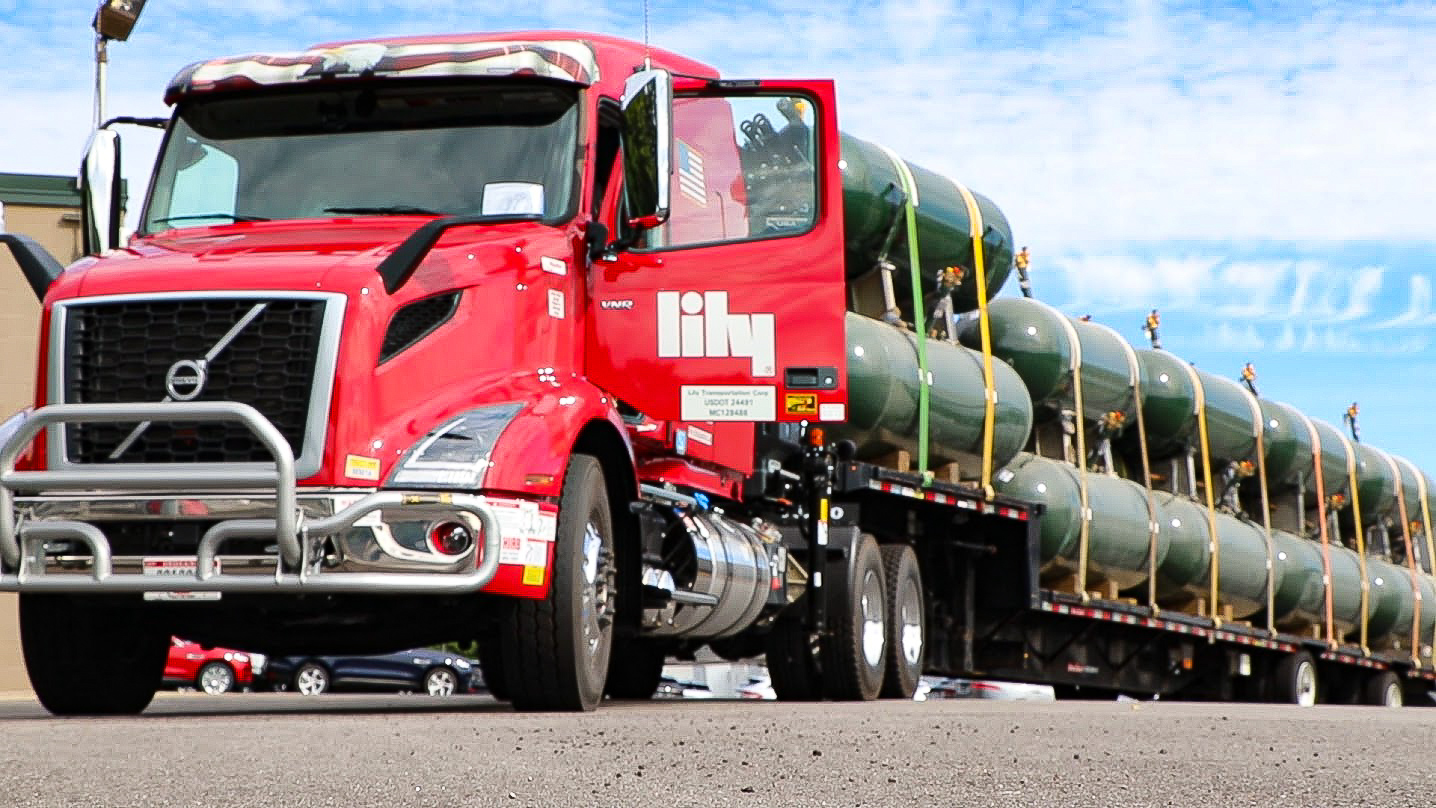In the dynamic landscape of transportation and logistics, companies continually explore avenues to enhance efficiency, reduce costs, and stay competitive. In 2024, a private fleet conversion to an outsourced dedicated contract carrier is becoming increasingly noteworthy as a strategic move. In this post, we delve into the benefits of embracing this option, paving the way for unparalleled operational optimization and strategic growth.
1. Streamlined Operations and Resource Optimization:
One of the primary advantages of a private fleet conversion is the streamlining of operations. By leveraging the expertise of a specialized carrier, companies can optimize their transportation resources. This includes access to a dedicated fleet, experienced drivers, and cutting-edge technology, all of which contribute to a more efficient and cost-effective logistics operation.
2. Cost Predictability and Financial Flexibility:
Outsourced dedicated contract carriers provide a predictable cost structure, allowing companies to better manage their budgets. With fixed monthly or annual contracts, businesses can avoid the variability of costs associated with maintaining a private fleet. This financial predictability enables better planning and resource allocation, fostering stability and flexibility in the face of economic fluctuations.
3. Access to Specialized Expertise:
Dedicated contract carriers specialize in transportation services, bringing a wealth of knowledge and experience to the table. Through the implementation of a private fleet conversion, companies can tap into this specialized expertise, gaining insights into industry best practices, emerging technologies, and innovative solutions. This collaborative approach ensures that transportation strategies align with the latest industry trends, enhancing overall efficiency.
4. Scalability and Adaptability:
In the fast-paced business environment of 2024, scalability and adaptability are crucial. Outsourced dedicated contract carriers offer the flexibility to scale operations up or down based on business demands. This agility allows companies to respond swiftly to changes in market conditions, seasonal fluctuations, or unexpected challenges, ensuring a nimble and responsive supply chain.
5. Focus on Core Competencies:
A private fleet conversion means shifting transportation responsibilities to a dedicated contract carrier which allows companies to refocus on their core competencies. By outsourcing non-core functions, businesses can allocate resources, time, and energy to activities that directly contribute to their strategic goals. This focus on core competencies enhances overall organizational efficiency and effectiveness.
6. Advanced Technology Integration:
Dedicated contract carriers often invest in cutting-edge technology to optimize their operations. By partnering with an outsourced carrier, companies gain access to state-of-the-art logistics technology, such as advanced tracking systems, route optimization software, and data analytics. This technological integration enhances visibility, control, and decision-making within the supply chain.
In Closing:
As businesses navigate the complexities of the modern logistics landscape in 2024, the strategic implementation of a private fleet conversion to an outsourced dedicated contract carrier emerges as a transformative step. From streamlined operations and cost predictability to access to specialized expertise and advanced technology, this shift positions companies for operational excellence and strategic growth. Embracing the advantages of outsourced dedicated contract carriers isn’t just about optimizing transportation; it’s about propelling your business toward a future of unparalleled efficiency and competitiveness.


